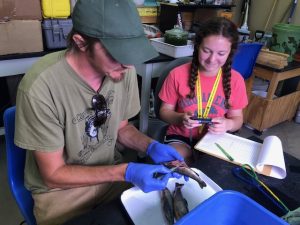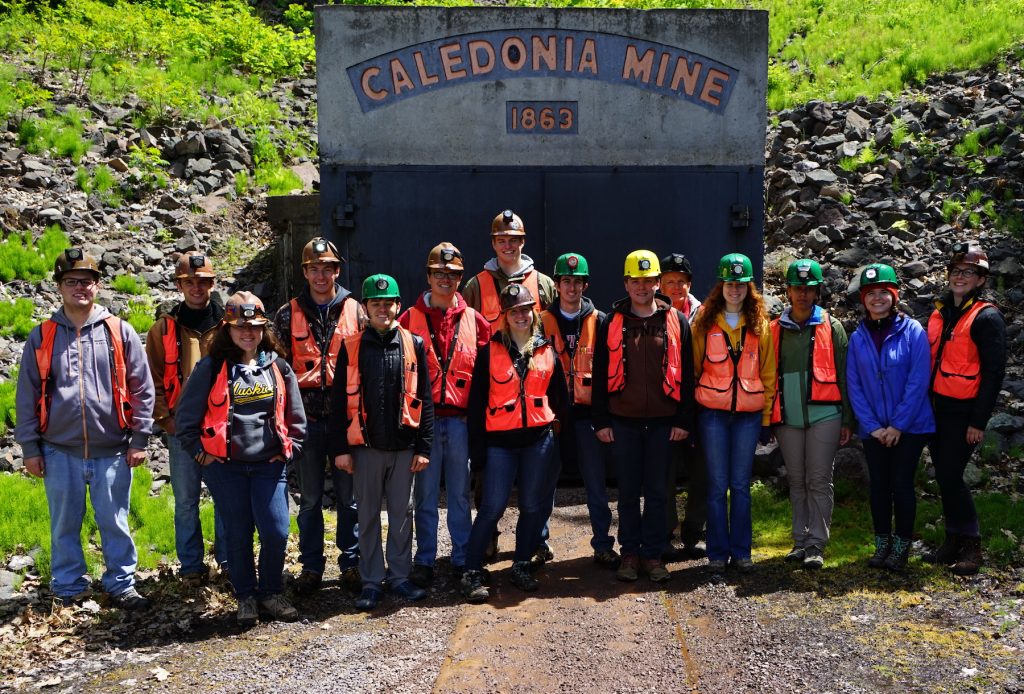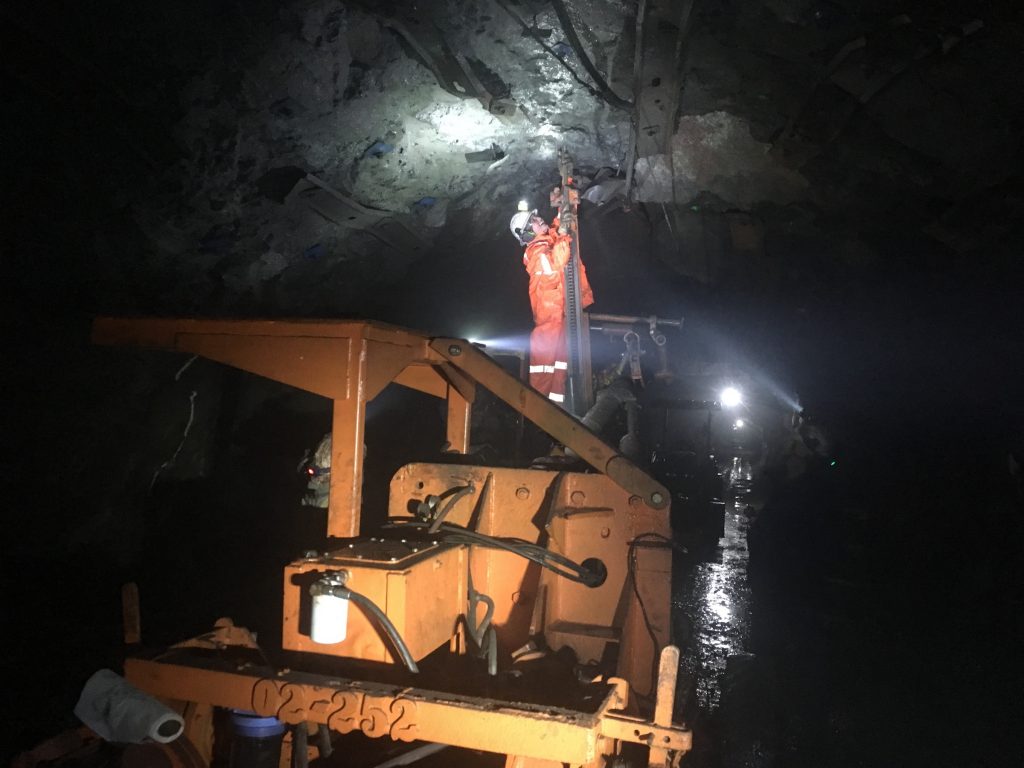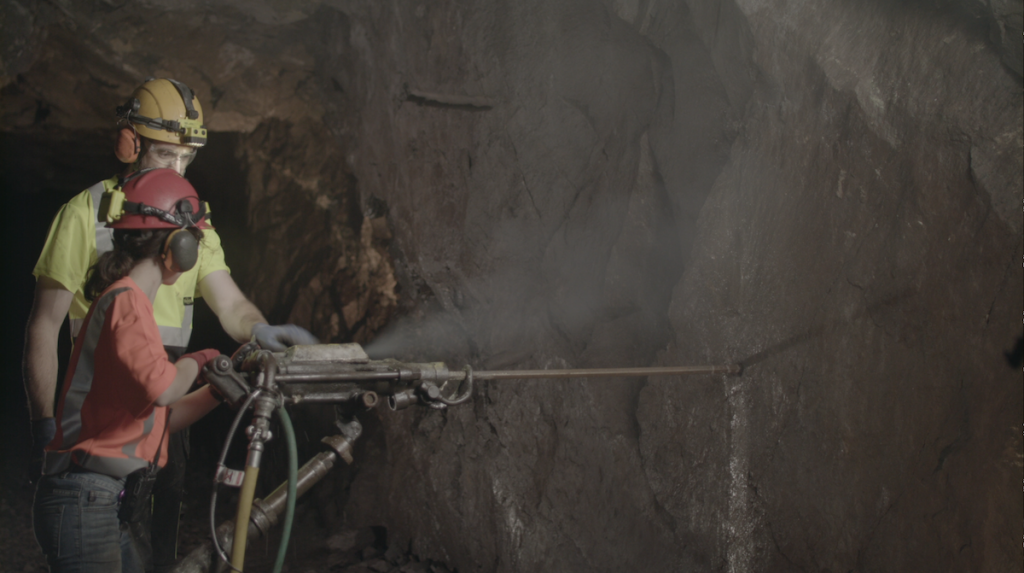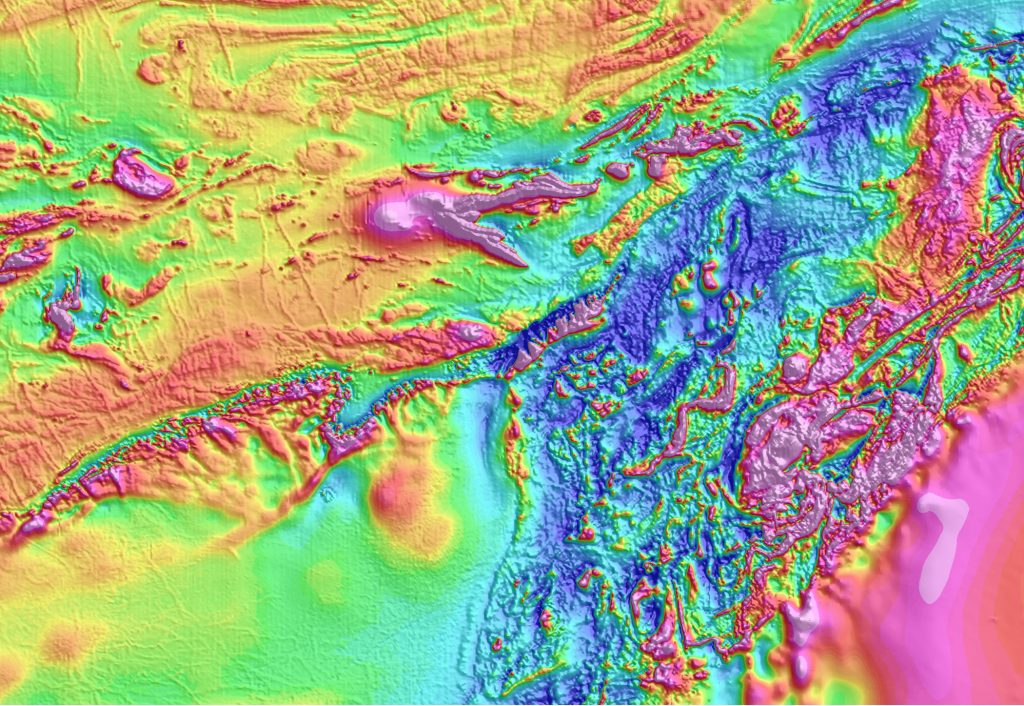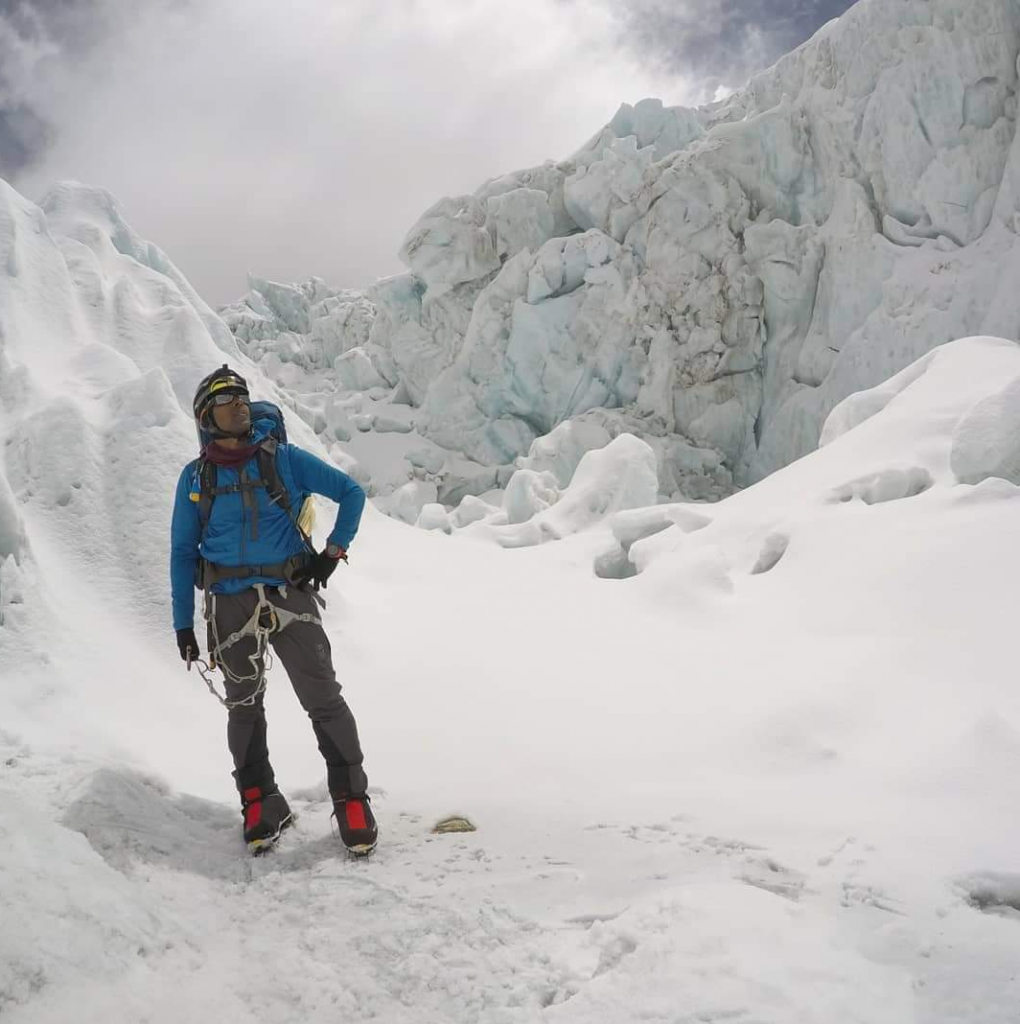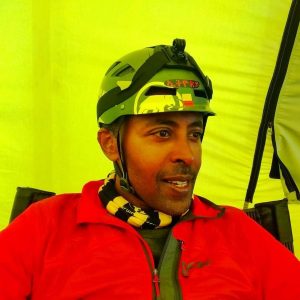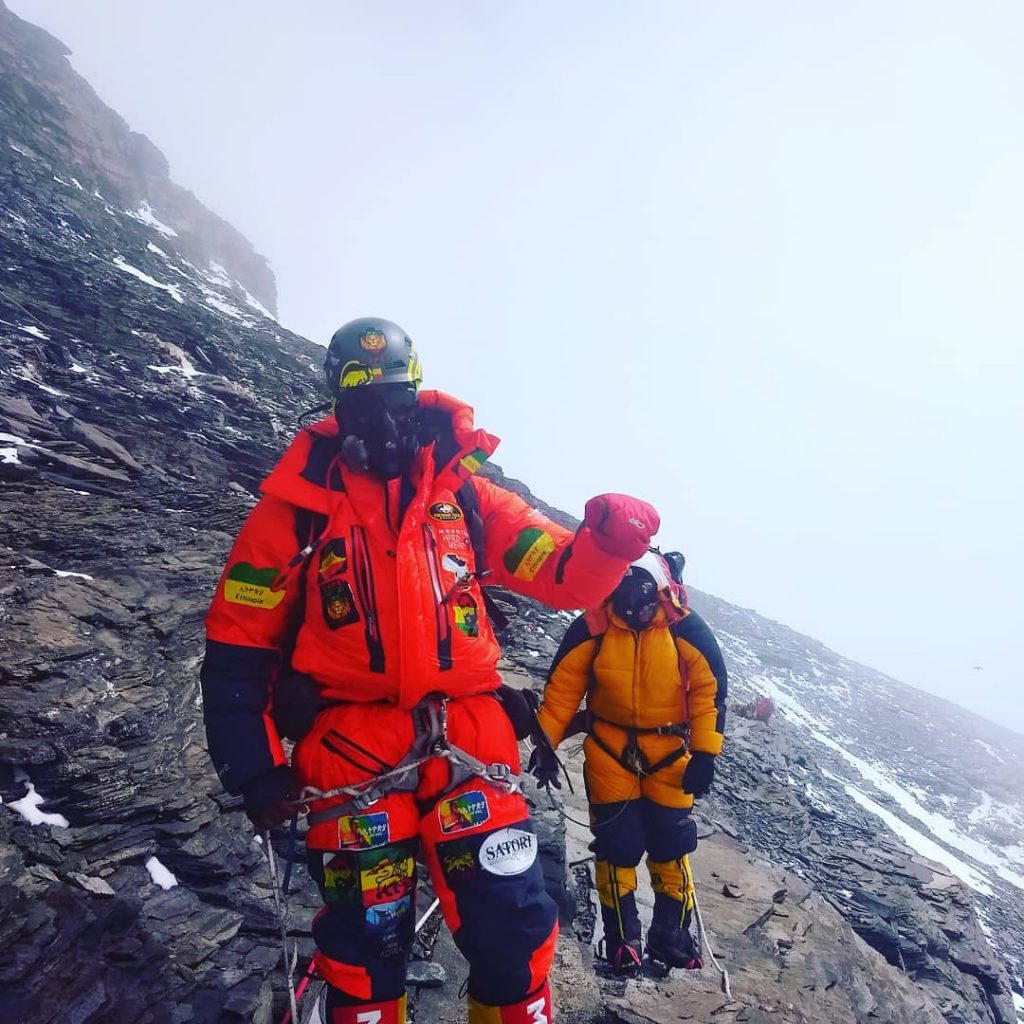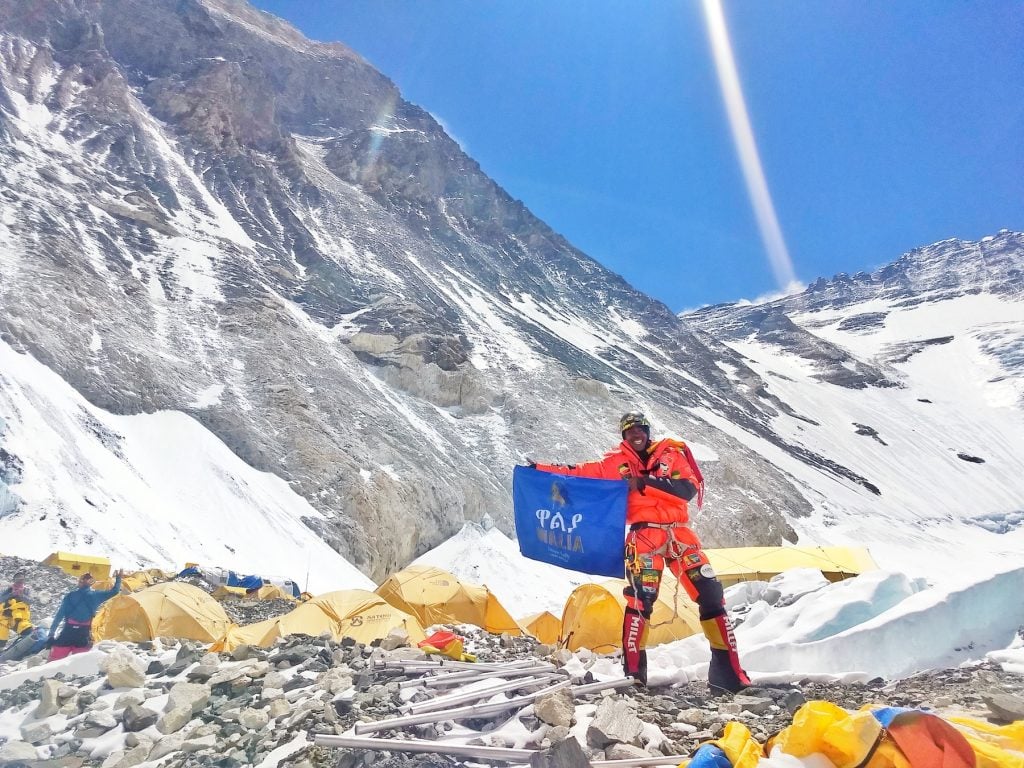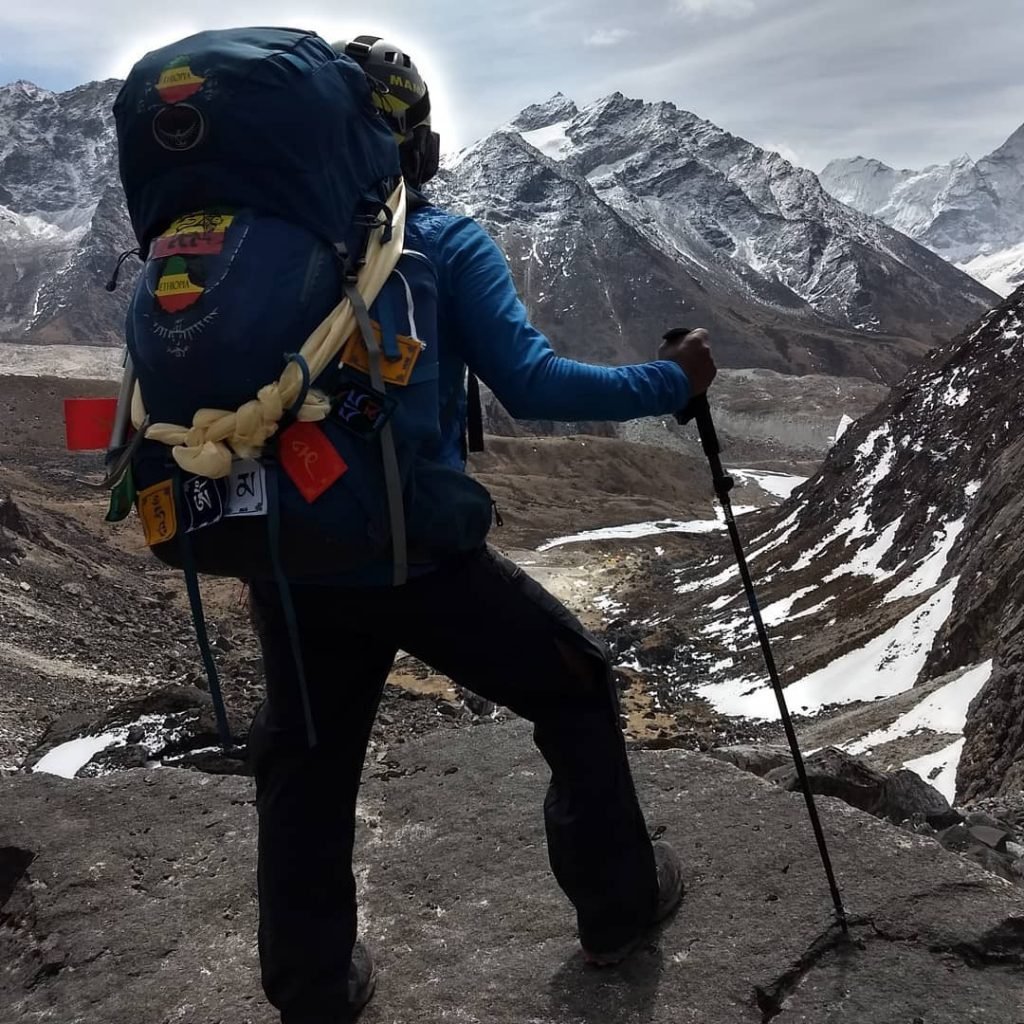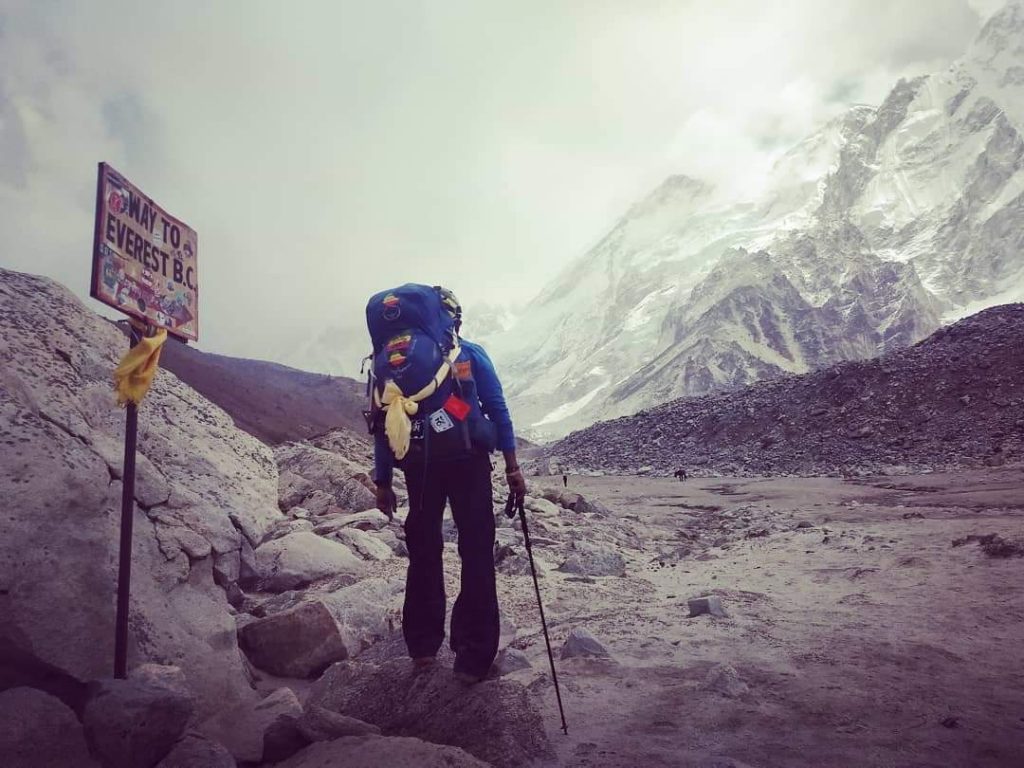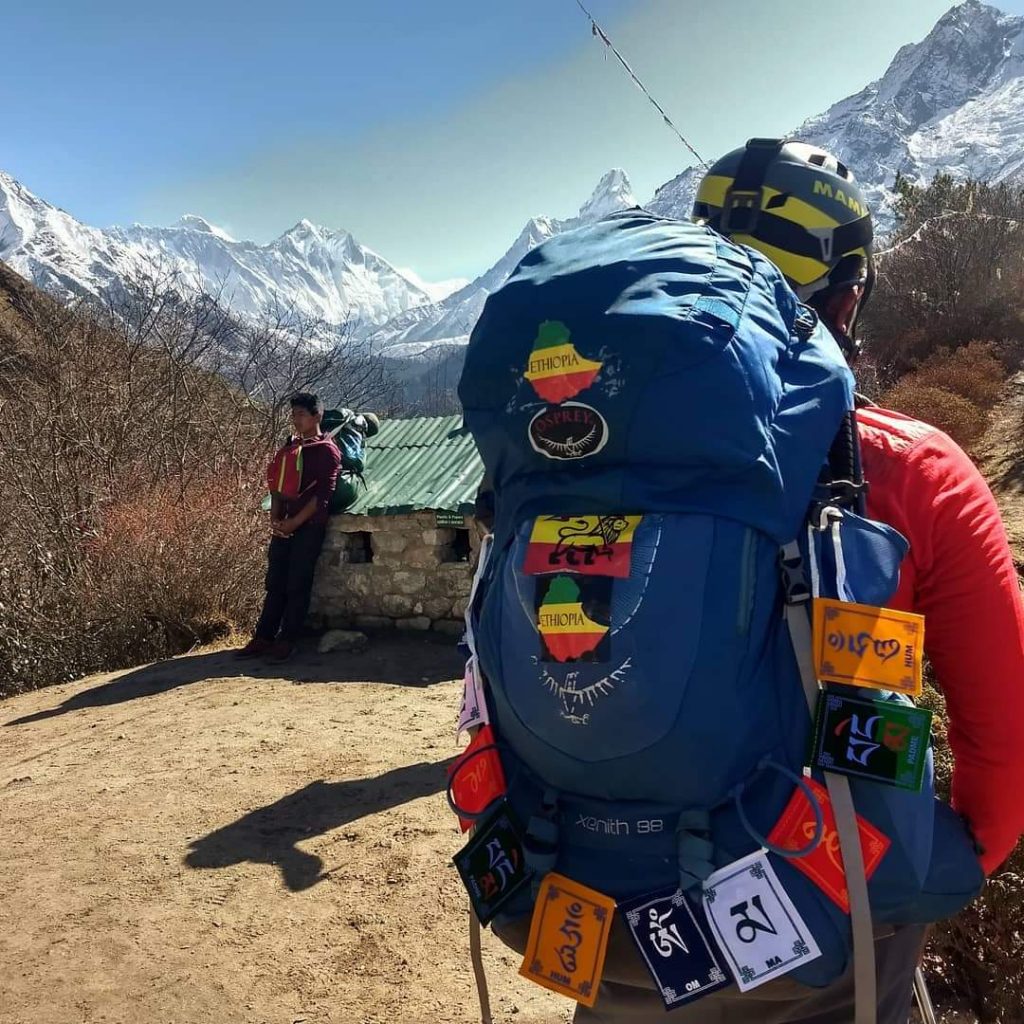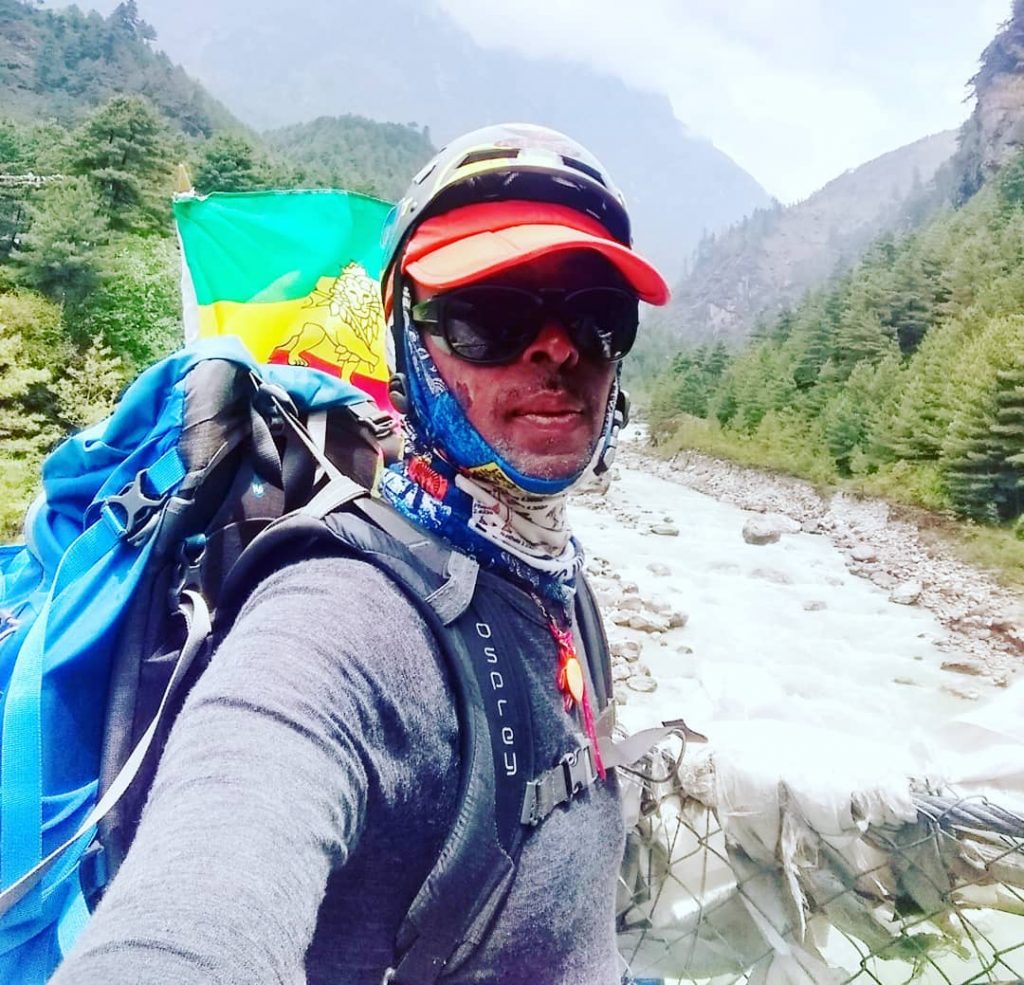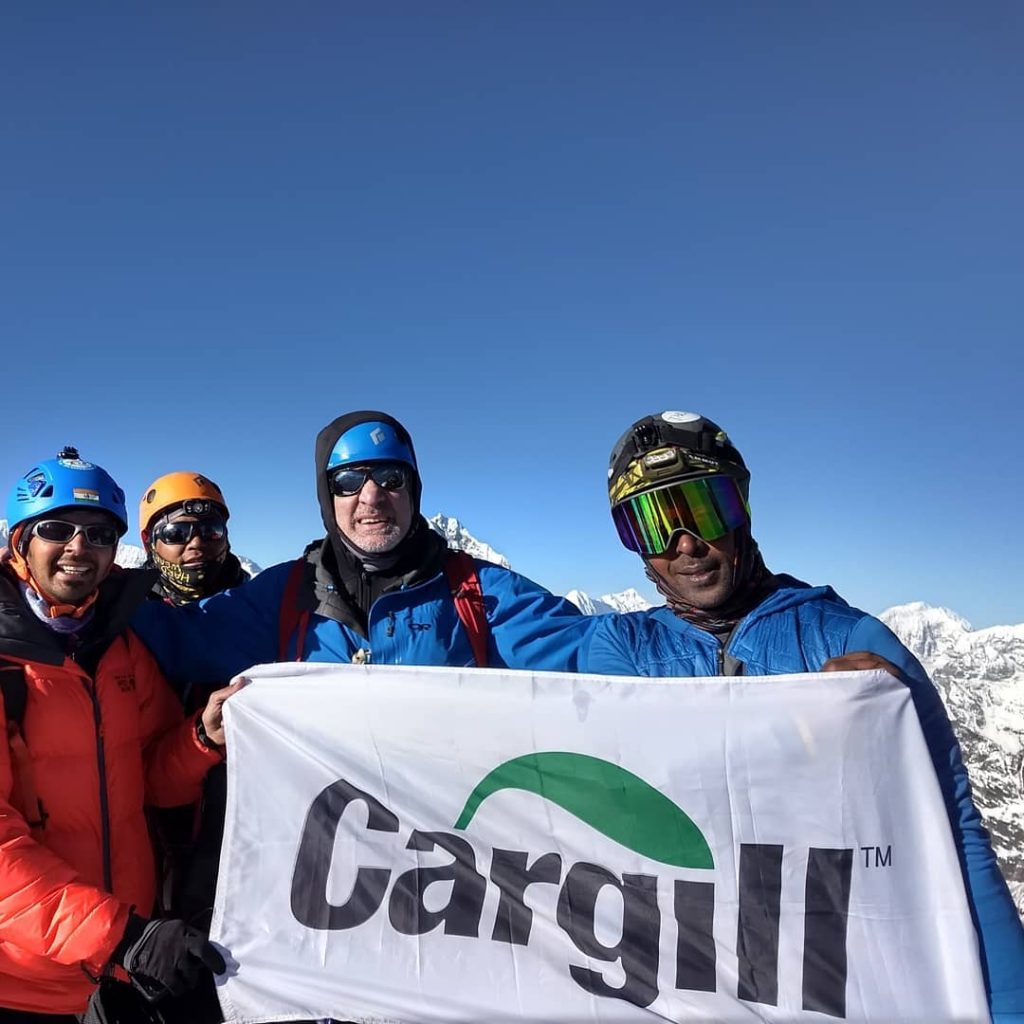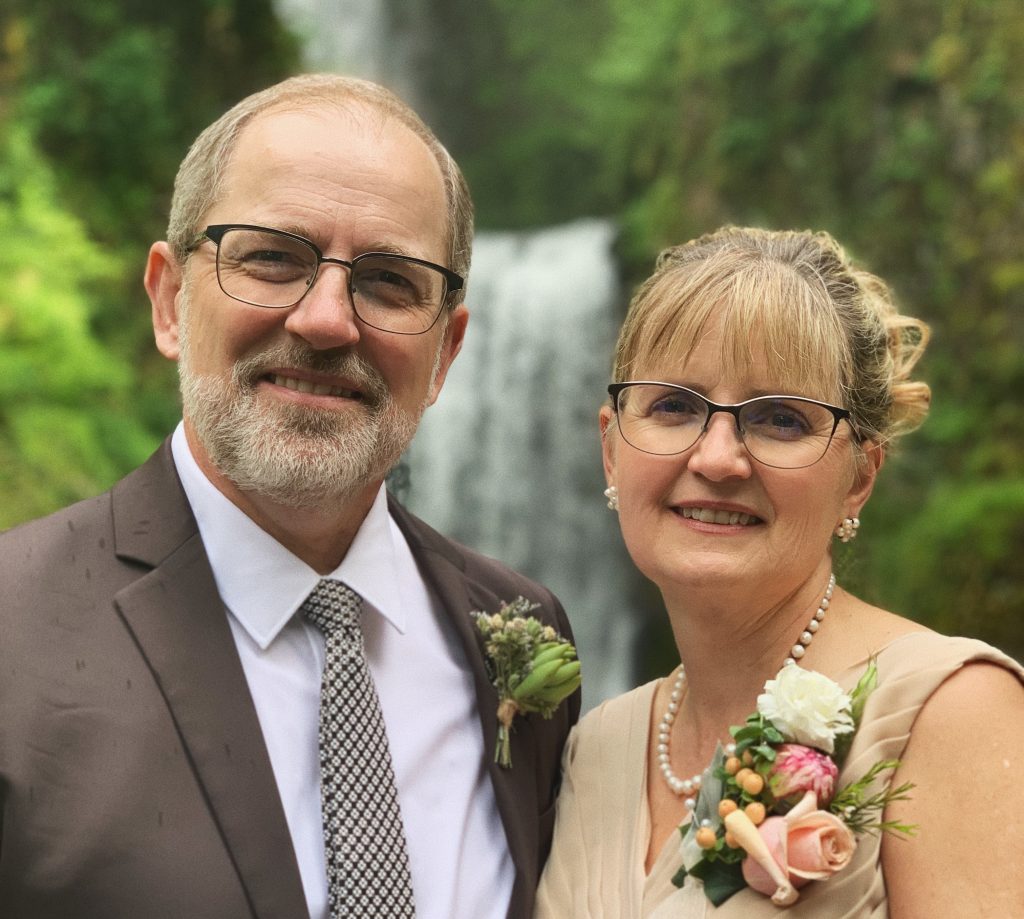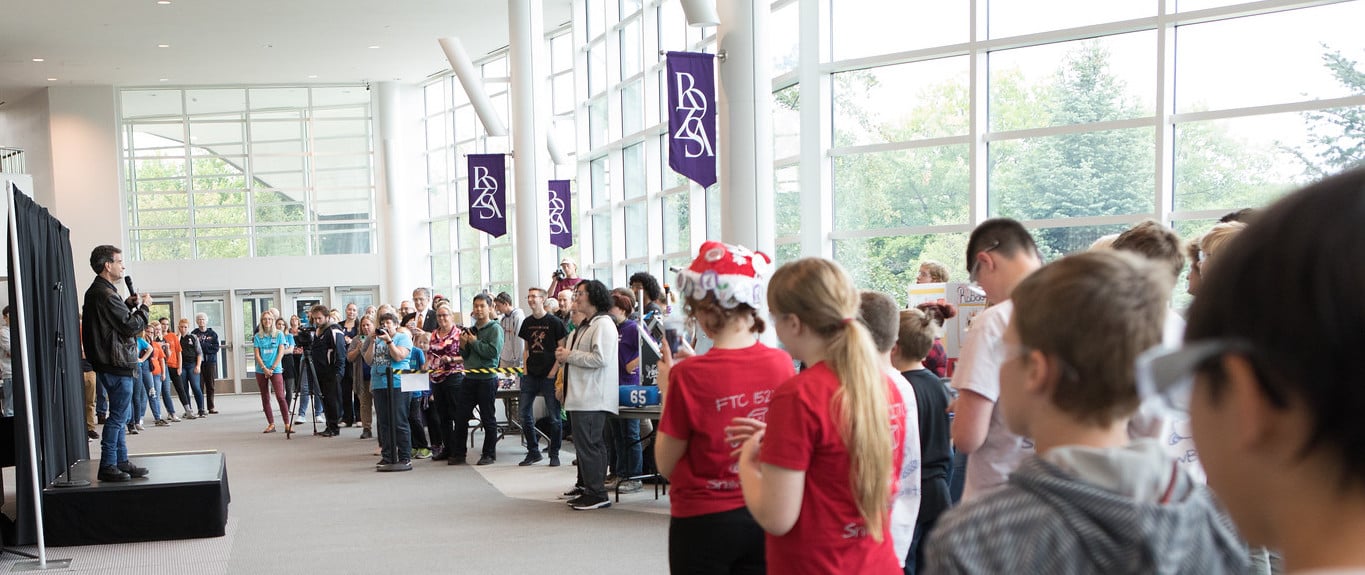
HOUGHTON — Dean Kamen is looking for his next engineers. Having already hired Michigan Technological University students, he knew where to look.
“I love their kids,” he said. “They’re smart, they’re focused, they’re mature, they’re earnest. And we want more.”
Kamen, president of DEKA Research and Development, visited Tech Thursday. He spoke to engineering students and met Upper Peninsula students participating in the FIRST Robotics program, which he co-founded.
“They’ve been great to us at FIRST, they’ve supported FIRST teams for a long time,” said Kamen, whose 440 patents include the Segway. “Now we can return the favor and start hiring some of their graduates and it’ll be a win-win. We want the kids, they want careers.”
Read the full article by reporter Garrett Neese in the Daily Mining Gazette.






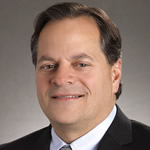
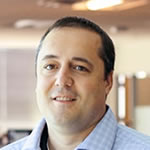




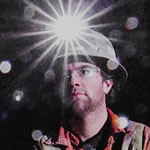

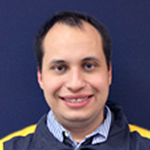

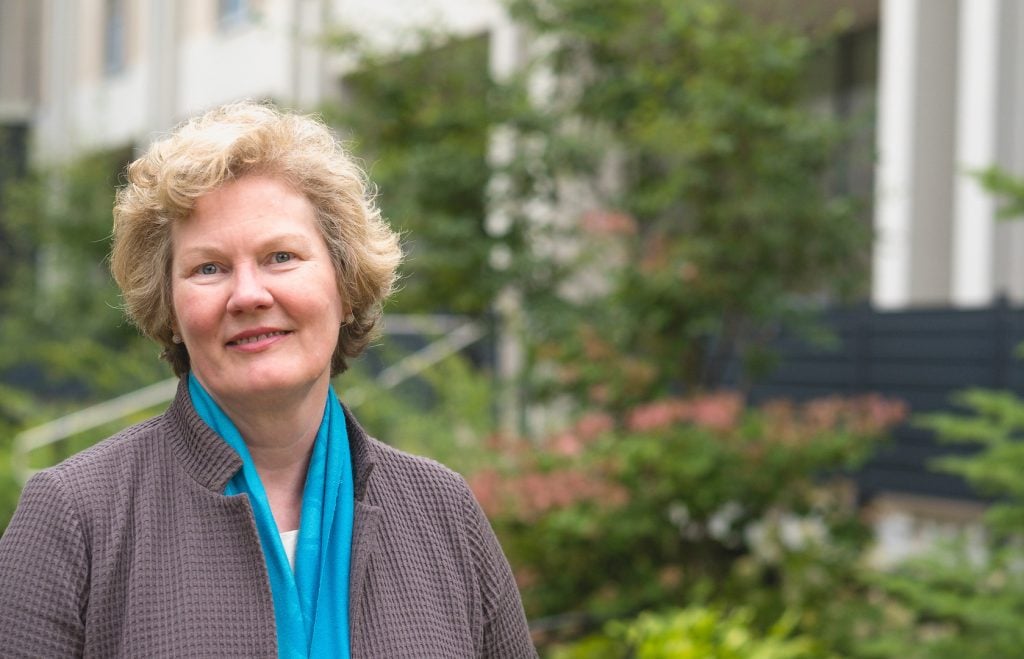
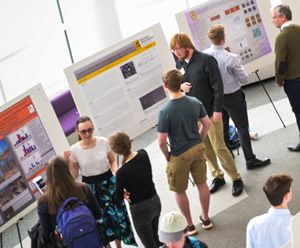 Are you interested in conducting research? Are you unsure how to locate a faculty member to work with? Join this interactive discussion featuring practical advice and tips for finding and approaching a faculty member for a research position.
Are you interested in conducting research? Are you unsure how to locate a faculty member to work with? Join this interactive discussion featuring practical advice and tips for finding and approaching a faculty member for a research position.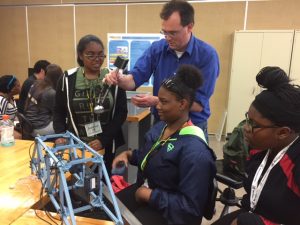 Eighteen high school students from Detroit and across the lower peninsula are spending six days at Michigan Tech from July 22-27, 2019, to explore Natural Resources and Engineering majors and consider attending Michigan Technological University. This is the 5th year that the program has been conducted.
Eighteen high school students from Detroit and across the lower peninsula are spending six days at Michigan Tech from July 22-27, 2019, to explore Natural Resources and Engineering majors and consider attending Michigan Technological University. This is the 5th year that the program has been conducted.